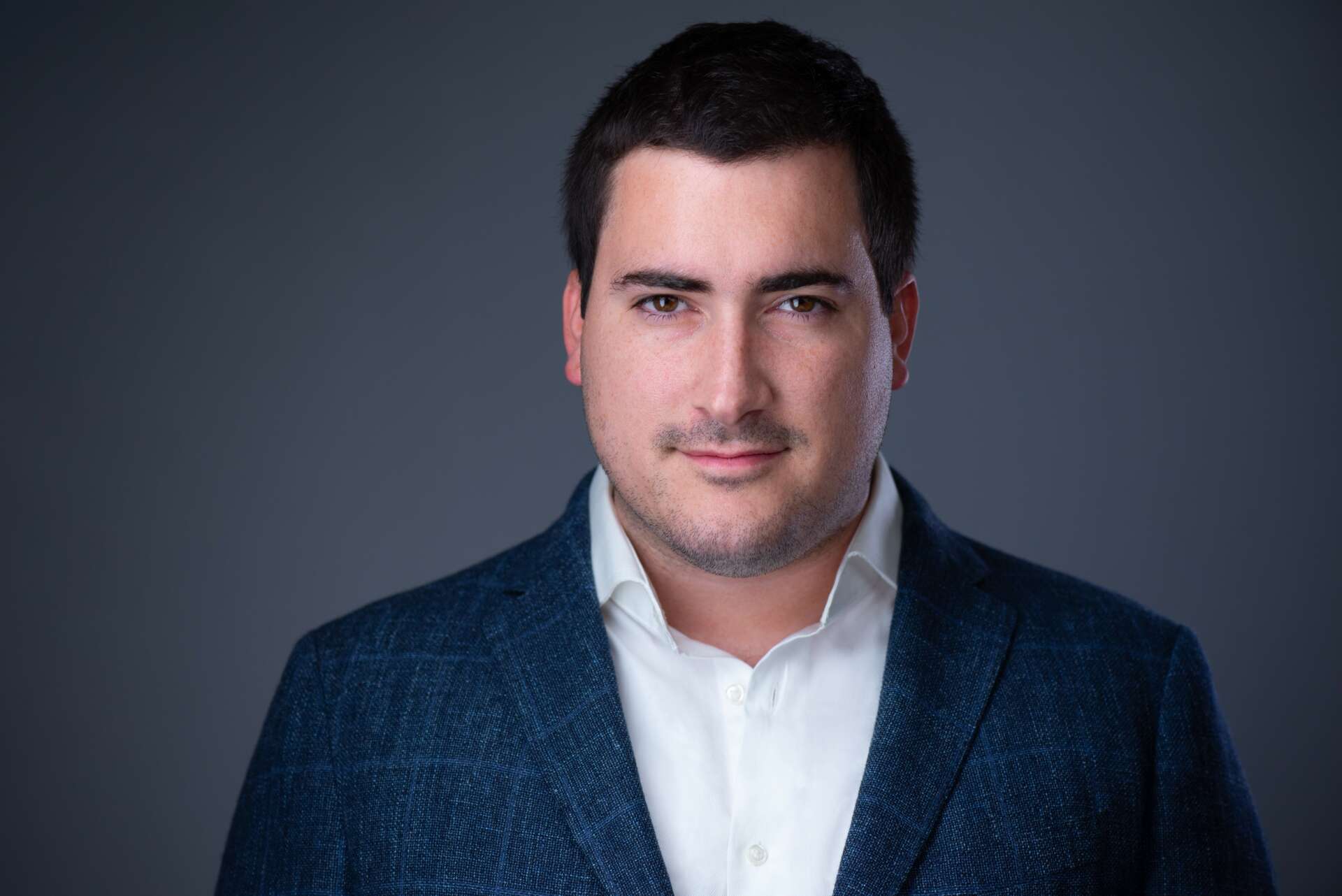We caught up with the brilliant and insightful James Farese a few weeks ago and have shared our conversation below.
James, thanks for joining us, excited to have you contributing your stories and insights. What do you think matters most in terms of achieving success?
To be successful achieving a set mission or goal, I think the deciding factors most often boil down to the grit and determination of the person leading the work towards achieving said goal. Failure only happens when you stop working towards your goal.
Too many people today expect fast results and if tangible results are not realized quickly, many people tend to get frustrated or even give up. Achieving any meaningful goal takes time, energy, effort, and even some luck and people cannot compare their journey to others if they want to keep a positive mindset when working towards achieving a goal.
I believe success should be defined by happiness and quality of life. Many today define success materially and I believe this paradigm needs to be shifted if the goal is to live a full and happy life.

James, love having you share your insights with us. Before we ask you more questions, maybe you can take a moment to introduce yourself to our readers who might have missed our earlier conversations?
My name is James Farese, I’m a native of south Florida and a side-hustler turned serial entrepreneur. Growing up, I had a massive interest in technology. As a pre-teen in the early 2000s, I learned HTML which gave me a foundational understanding of how software and relational systems work together. I was a gamer and would often mod games so that they could run when my PC was often not up to spec. Even though I don’t consider myself a developer, I believe much of my early success can be attributed to having a deep understanding of the potential of technology. Much of my career prepared me for entrepreneurship. I always had side-hustles but also worked at a Fortune 500 company and was the 6th employee at a startup. These experiences taught me a framework on how to start, build and scale a company. I found myself as a partner in a business in the healthcare field in 2015 and in 2019 launched ReachLink where I was able to use my blended health care and technology knowledge.
ReachLink is an online tele-therapy platform that matches licensed therapists with people seeking assistance with improving their mental health. The experience is completely virtual and we work with populations covered by insurance and those who are uninsured.
We see the market for mental health as very fragmented on many fronts. On the client-side, many solutions are only covered by certain insurances and even less are covered by Medicare and Medicaid. Beyond that, when searching for a therapist, it’s hard to know up front if there is a potential fit without doing an initial session. Therapy is deeply personal and relating to your therapist is key. On the provider-side, insurance companies can be slow to pay, the technology often outdated, and the administrative work onerous. ReachLink solves these problems by offering a proprietary technology solution that matches clients to therapists with a high potential for fit, covered by most insurances and accepts non-insured clients, and reduces the administrative burden on the therapist by well over 50%. All this considered, I’m most proud of the team that we’ve assembled that leads with empathy and always puts the client first.

Can you talk to us about your experience with selling businesses?
I’ve worked in the health care industry since 2015 and was a partner in a clinic that was sold to new investors. Prior to that, I’ve been fortunate to be involved in a few small businesses, primarily in the food service industry, that were also sold. The biggest takeaways I’ve had from these experiences from a founder’s perspective is that there are many variables to consider besides price that needs to be thought out when deciding to sell. Terms, market, personal timing, next ventures, impact to employees, family, partners, and investors, and much more may need to be considered. For example, the buyer may want you to stay on with unreasonable expectations. You may not have anything lined up post-sale and regret your decision out of boredom or have “FOMO.” Too much money may be expected to be held back post-sale and litigation may come into play.
At the end of the day, understanding your “why” for wanting to sell and taking your time to make sure a deal is not only the best deal for you but also the right deal can make a world of difference before, during, and after the transaction is completed.
Has your business ever had a near-death moment? Would you mind sharing the story?
There was a time when I had funding committed but the deal fell through in a period where the business was doing really well but due to timing issues in our collection cycles we were in a precarious situation financially. We had an amazing team and I didn’t want to fire anyone but I knew that if we didn’t address the issue head on it could have resulted in the end of the business.
I decided to call an all hands meeting and was very transparent about everything. I showed the growth performance, expenses, and revenue and explained what needed to happen to make things work until our next round of funding. I asked the team defer compensation based on what they could afford. Amazingly, our team rallied and agreed to take home what they needed to live. We cut payroll by almost 40% for a period of a few months which became the driving factor in getting us through to our next liquidity event.
Contact Info:
- Website: www.reachlink.com
- Instagram: http://instagram.com/reachlinkusa
- Facebook: https://facebook.com/reachlinkusa
- Linkedin: https://linkedin.com/company/reachlinkusa
- Twitter: https://twitter.com/reachlinkusa
- Other: https://facebook.com/jamesfarese https://twitter.com/jamesfarese https://www.linkedin.com/in/jamesfarese/ http://instagram.com/jamesfarese http://jamesfarese.com


